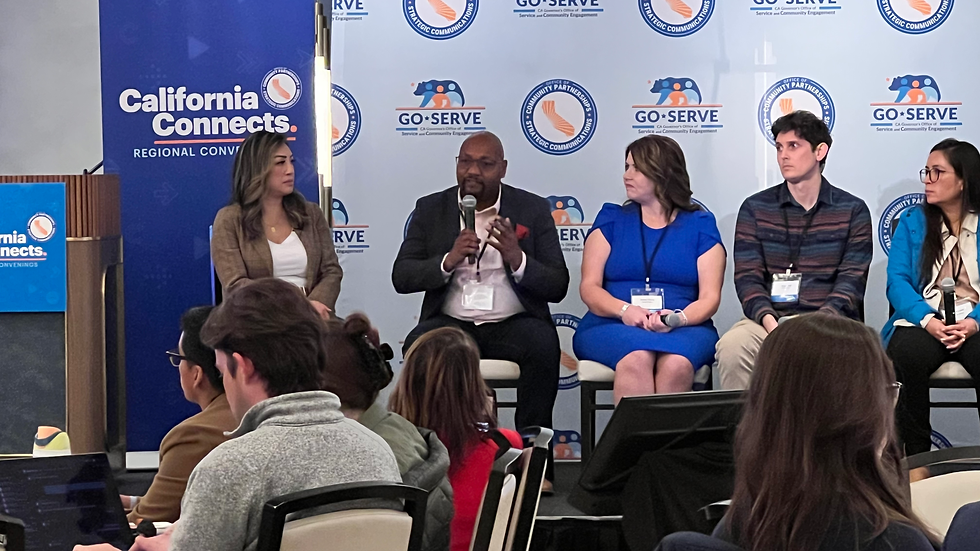OpEd: Coronavirus and your mental health
- The ONME Newswire

- Apr 28, 2020
- 3 min read
Dr. Lenore Tate | Special to California Black Media

What happened to living for the weekend? Where did hump day go? When will sports return? When will these kids return to school? Where can I buy toilet paper? When will life return to normal? When will I be able to return to work?
These and so many other questions have been looming in our consciousness (minds) for more than six weeks. We all know that the coronavirus has significantly impacted our lives.
At the beginning of this pandemic, it was rumored that the Black community was not being impacted, but within weeks we witnessed many African Americans being diagnosed, treated and dying due in part to health disparities.
Very simply, the lack of access to health care, some living without health insurance or being minimally insured, having diabetes, obesity, cardiovascular disease, asthma, and the impact of racism and cultural biases in medicine are just some of the factors that have impacted our physical and mental health outcomes.
Fears of transmitting the coronavirus have most of us unable to escape the grim reminders of the deaths and infections that have touched African Americans. We know that as the virus increases, so does our anxiety. We begin to worry or become concern if we or one of our loved ones or friends will be infected. Most of us are unable to be tested and if we are tested, many of us are concerned about the slow turn around in obtaining results. Testing in underserved communities is slim to none right now.
During these times, it is important to try to stay in the present and not think about the worst thing that could happen. Try to figure out exactly what and how you are feeling (e.g. scared, stressed, fearful, sad, helpless, or angry). Anxiety and feeling distressed is our body’s biological reaction to a threat and the coronavirus is a real threat especially when we are not able to control our daily lives.
Some symptoms that you might pay attention to include: change in sleep pattern, overeating, over drinking, increasing drug use or unhealthy behaviors, feeling irritable, or wanting to just escape. For the most part, we are social animals and connecting with others helps us thrive.
Below is some common sense, easy to follow recommendations.
1. Maintain a schedule for the household with flexibility.
2. Stay up to date on all COVID-19 information. Listen to the doctors and scientists. Limit the amount of COVID-19 news you watch!
3. Focus on positive aspects of your life and things that you can control.
4. Seek social support from family members and/or friends and maintain social connections (e.g. Facetime, Zoom, Skype, Calls, making Tik Toks, etc.)
5. Engage in relaxation techniques and exercise.
6. Eat healthy.
7. Feeling overwhelmed, seek support from a mental health provider. In today’s world, you don’t even have to leave your home, Tele Psych is available. Telepsychology will allow you to access a licensed provider in the comfort of your home or other personal space. It is convenient, prevents missed appoints and may encourage those in our community concerned about the stigma of mental health to seek the help they need to “rise up” to life’s challenges facing us today.
Lenore A. Tate, Ph.D. is a licensed psychologist in private practice in Sacramento, California. She has previously worked as Principal Consultant to the California Assembly and Senate Health Committees as well as the Senate Office of Research. Dr. Tate has also served as a university professor in Texas, Arizona and California. She specializes in neuropsychology, geriatrics and behavioral health. For further information, see www.Lenoretate.com or email at: DRTATE20@gmail.com.
#coronavirus #mentalhealth #COVID19 #coronavirus #telepsychology #lenoretate #blacknews #onmenews #blackmedia #AfricanAmericannews









Comments